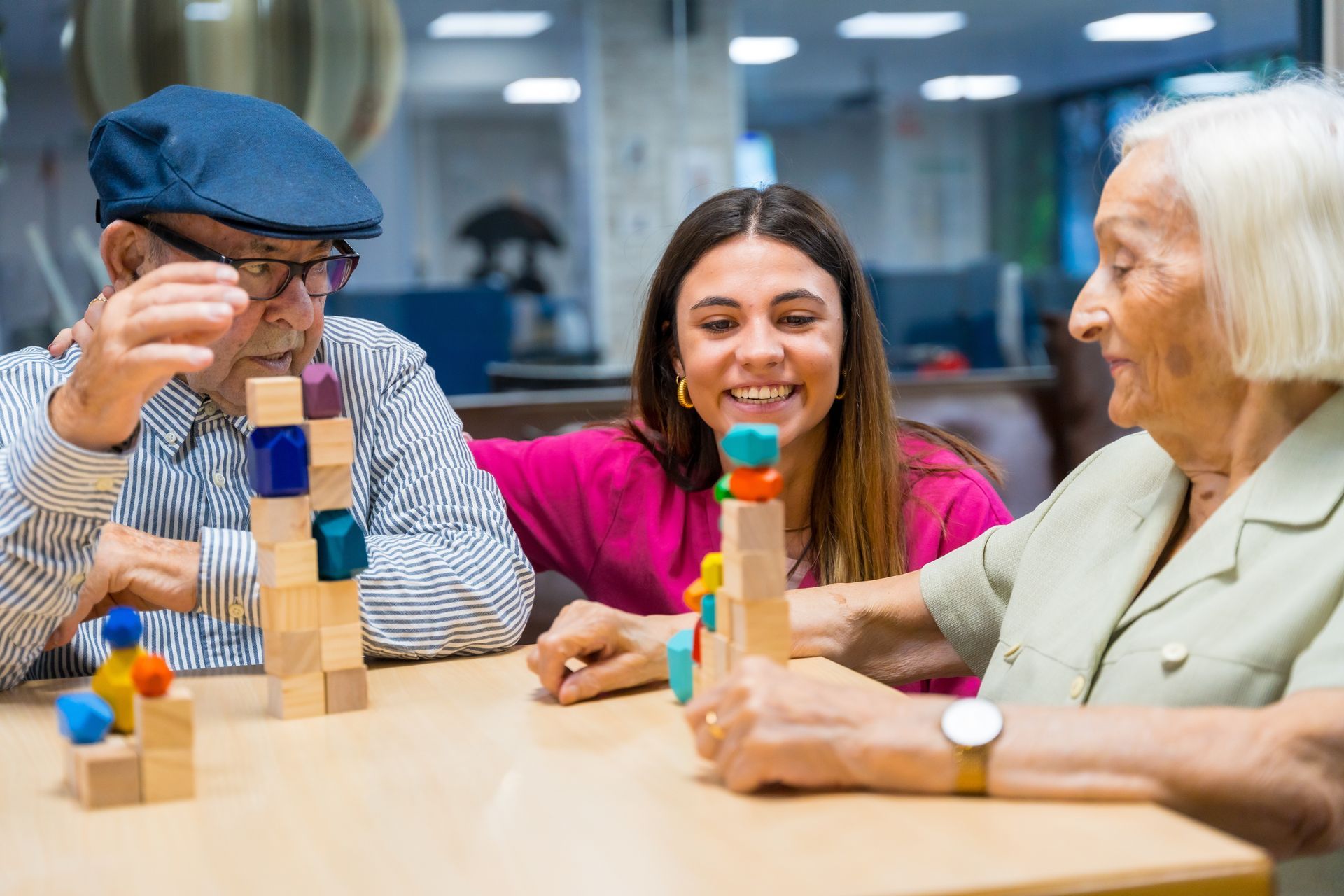BLOG
Alzheimer Hallucinations
Understanding the difference between Alzheimer hallucinations and delusions is important. A delusion is defined as a false idea, sometimes originating in a misinterpretation of a situation. For example, when individuals with dementia have a delusion, they think that family members are stealing from them or that the police are following them.
A hallucination, in contrast, is a false perception of objects or events, and is sensory in nature. When individuals with Alzheimer’s have a hallucination, they see, hear, smell, taste or even feel something that isn’t really there. Hallucinations are caused by changes within the brain that result from the disease.
Alzheimer Hallucinations are visual and auditory. Individuals may see the face of a former friend in a curtain or may see insects crawling on their hand. In other cases, they may hear people talking to them and may even talk to the imagined person.
Hallucinations can be frightening. On some occasions, individuals may see threatening images or just ordinary pictures of people, situations or objects from the past. Some ideas for handling hallucinations are outlined in this fact sheet.
See the doctor
Ask the doctor to evaluate the person to determine if medication is needed or might be causing the hallucinations. In some cases, hallucinations are caused by schizophrenia, a disease different from Alzheimer’s.
Have the person’s eyesight or hearing checked. Also make sure the person wears his or her glasses or hearing aid on a regular basis.
The physician can look for physical problems, such as kidney or bladder infections, dehydration, intense pain, or alcohol or drug abuse. These are conditions that might cause hallucinations. If the physician prescribes a medication, watch for such symptoms as over sedation, increased confusion, tremors or tics.
Assess and evaluate
Assess the situation and determine whether or not the hallucination is a problem for you or for the individual. Is the hallucination upsetting to the person? Is it leading him or her to do something dangerous? Does the sight of an unfamiliar face cause him or her to become frightened? If so, react calmly and quickly with reassuring words and comforting touching.
Respond with caution
Be cautious and conservative in responding to the person’s hallucinations. If the hallucination doesn’t cause problems for you, the person or other family members, ignore it.
Don’t argue with the person about what he or she sees or hears. Unless the behavior becomes dangerous, you might not need to intervene.
Alzheimer Hallucinations Offer reassurance
Reassure the person with kind words and a gentle touch. For example, you might want to say: Don’t worry. I’m here. I’ll protect you. I’ll take care of you, or I know you’re worried. Would you like me to hold your hand and walk with you for awhile? Gentle patting may turn the person’s attention toward you and reduce the hallucination.
Also look for reasons or feelings behind the hallucination and try to find out what the hallucination means to the individual. For example, you might want to respond with words such as these: It sounds as if you’re worried or I know this is frightening for you.
Use distraction
Suggest that the person come with you on a walk or sit next to you in another room. Frightening hallucinations often subside in well-lit areas where other people are present.
You might also try to turn the person’s attention to a favorite activity, such as listening to music, drawing, looking at a photo album or counting coins.
Respond honestly
Keep in mind that the person may sometimes ask you about the hallucination. For example, do you see him? You may want to answer with words such as these: I know that you see something, but I don’t see it. In this way, you’re not denying what the person sees or hears or getting involved in an argument.
Assess the reality of the situation
Ask the person to point to the area where he or she sees or hears something. Glare from a window may look like snow to the person, and dark squares on tiled floor may look like dangerous holes.
Modify the environment
If the person looks at the kitchen curtains and sees a face, you may be able to remove, change or close the curtains. Check the surroundings for noises that might be misinterpreted, for lighting that casts shadows, or for glare, reflections or distortions from the surfaces of floors, walls and furniture.
If the person insists that he or she sees a strange person in the mirror, cover up the mirror or take it down. It’s also possible that the person doesn’t recognize his or her own reflection.
Turn on more lights to reduce shadows that could look scary to your loved one. Hallucinations are very real to the person you care for. You can ease feelings of fear by using words that are calm, gentle and reassuring.
The Alzheimer’s Association is the leading voluntary health organization in Alzheimer care, support and research.
Updated October 2004
Return from Alzheimer Hallucinations to the Alzhiemers Caregiver Tips Page
Return to the Alzheimers Facilities Home Page














